Most hemp Delta-9 THC products on the market are not naturally extracted. Instead, they are often made by chemically converting CBD into Delta-9 THC. This process can create synthetic byproducts, which is why safety and quality testing are essential.
Of the more than 100 cannabinoids found in the cannabis plant, Delta 9 THC and CBD are the two most popular. Delta 9 THC is the cannabinoid found in cannabis sold in dispensaries that gets you high.
So what’s the difference between the cannabis plant and hemp plant? If the two were growing next to each other, you would not recognize the difference.
The difference is the amount of THC found in the plants. Cannabis plants containing 0.3% THC or less are considered hemp, while plants containing more than 0.3% THC are called marijuana.
CBD is the most common cannabinoid found in the hemp plant, while THC is the most common cannabinoid found in the marijuana plant.
Up until two years ago, 100% of the Delta 9 THC was naturally extracted from one of these plants. In 2018 a farm bill was signed into law allowing farmers to legally grow hemp, while at the same time allowing CBD and other naturally occurring cannabinoids to be legally sold in all 50 states.
At the same time, the number of extraction companies making CBD exploded. By 2020, there were more labs making CBD than the market demand could support, so many ended up struggling to stay in business. In the years that followed, CBD, CBG, CBN and other cannabinoids could be found online and in stores throughout the United States. CBD sales took off because consumers were able to legally experience a wide range of health benefits without intoxicating side effects of THC.
How Is Delta 9 THC Made From CBD?
Delta 9 THC can be produced from CBD through a chemical conversion process that alters CBD’s molecular structure into intoxicating forms of THC.
In the struggle to innovate and stay competitive, a small number of these labs started experimenting with converting CBD using various chemical reactions to make a synthetic form of THC called Delta 8. Since Delta 8 was made by converting CBD into Delta 8, it was technically legal according to the Farm Bill and sales exploded across the country.
In 2021 these same labs were able to create a synthetic form of Delta 9 THC using a similar process. Now, today this synthetic form of Delta 9 is being legally sold in gummies, gum, and a wide range of other edibles in retail stores.
Are Delta 9 THC Gummies Synthetic or Natural?
Delta 9 THC gummies can be made in two different ways. Some use naturally occurring THC extracted directly from hemp, alongside other cannabinoids found in the plant. Others are made by chemically converting CBD into THC. While both may be sold as “Delta 9 gummies,” the source and production method are not the same, and that distinction matters when it comes to quality and safety.
Natural vs Synthetic Delta-9 THC
| Factor | Natural (Plant-Derived) | Artificial (CBD-Converted) |
|---|---|---|
|
Source |
Extracted directly from cannabis/hemp |
Chemically converted from CBD |
|
Legality |
Legal if hemp & ≤0.3% THC (Farm Bill) |
Legal gray area, varies by state |
|
Safety |
Used for centuries, well-studied |
Limited research, possible byproducts |
|
Terpenes & Other Cannabinoids |
Naturally present → entourage effect |
Often missing, unless re-added |
Legal Context Summary
- Natural hemp Delta-9 THC (≤0.3% Delta-9): Federally legal today if it meets the 2018 Farm Bill standard (hemp defined by a 0.3% delta-9 THC threshold), but the late-2025 statutory change narrows “hemp” and adds new constraints that may make many ingestible hemp products non-compliant even if the cannabinoids are naturally produced. The change is scheduled to take effect November 12, 2026.
- Synthetic Delta-9 THC: Specifically targeted by the new definition: hemp products cannot include cannabinoids that are not capable of being naturally produced by the cannabis plant, or cannabinoids that were synthesized/manufactured outside the plant (even if starting from legal hemp).
- Marijuana-derived Delta-9 THC: Federally illegal under the Controlled Substances Act, but permitted in states with medical/adult-use cannabis laws.
Is Synthetic Delta-9 THC Safe?
Delta 9 THC derived from cannabis has been safely consumed by people for thousands of years for medical and recreational purposes, but what about synthetically-derived Delta 8 and Delta 9? Well, considering they’ve only existed for a couple of years, there is limited safety data available.
Lab analyses of popular hemp-derived Delta 9 THC products have shown that the majority use the isomerization process to convert CBD into Delta 9 THC. In one study, 64% of products relied on this method, while 19% contained THC sourced from marijuana, and only 17% used naturally occurring hemp-derived THC.
The conversion of CBD to Delta 9 THC involves refluxing the former in a solvent (e.g., toluene or heptane) with p-toluenesulfonic acid or another acid that serves as a catalyst for 60 to 90 minutes.
These aggressive synthetic conditions can result in unwanted reaction byproducts and residual compounds. In other words: the Delta 9 THC you consume may be contaminated by harmful chemicals like dichloromethane and trichloroacetic acid.
It is possible to separate Delta 9 THC from unwanted reaction leftovers and byproducts. But most manufacturers won’t take the time nor spend the money to remove them. Since companies aren’t testing for these residual solvents or acids, people don’t know what they are consuming.
Why Do Some States Restrict Synthetic Cannabinoids?
The severity and prevalence of contaminated Delta 9 THC products have led many states to enact laws restricting the sale of synthetic cannabinoids (including Delta 8 THC), often citing health concerns related to impurities. Legal experts have also expressed caution, noting that federal regulatory agencies such as the FDA may impose stricter oversight in the future.
How Can You Tell if a Delta-9 Product Is Artificially Made?
There are two easy ways to tell if a Delta 9 product is made through this chemical process:
Taste the product. Products made from this chemical process do not have a hemp taste. THC products safely made from hemp or cannabis have an earthy, grass-like, and slightly bitter taste.
Look at the product's lab reports. THC products made through this chemical process do not have naturally occurring terpenes or other cannabinoids. THC products safely made from legal hemp contain a high concentration of CBD, CBG, CBN, CBC, and other naturally occurring cannabinoids. As an example, Joy Organics 5mg THC gummies have 25mg of CBD and 10mg of other cannabinoids.
Beyond enabling us to stay legal, the resulting ratio of cannabinoids and beneficial plant compounds more closely mirrors what Mother Nature intended, using only compounds extracted and refined directly from the plant. This results in the entourage effect, a well-documented phenomenon in which taking a variety of cannabinoids and terpenes together is more effective than taking any isolated forms alone.
But how does this happen? Many of these compounds have an impact on different physiological mechanisms and signaling pathways in the body. The compounds' actions on these different pathways can thus multiply the likelihood of holistic therapeutic action, putting you squarely on the path to optimal physical and mental wellness.
FAQs
Are hemp Delta-9 THC products synthetic?
No. Hemp Delta-9 THC products are not synthetic as long as the THC comes directly from the hemp plant and stays within the legal 0.3% Delta-9 THC limit. Synthetic cannabinoids are made in a lab and are not the same as naturally occurring hemp-derived Delta-9 THC.
Can synthetic Delta-9 THC cause health risks?
Yes. Synthetic cannabinoids can pose health risks because they are created with chemical processes that may produce unpredictable or harmful effects. Naturally derived hemp Delta-9 THC is generally considered safer when sourced from reputable brands.
How can I check if my THC gummies are lab-tested?
The best way is to look for a third-party Certificate of Analysis (COA). Trusted companies make these lab reports available on their websites or through QR codes on the packaging, showing cannabinoid content and confirming the absence of contaminants.
Does synthetic Delta-9 THC work the same as natural?
Not exactly. While synthetic versions may try to mimic the effects of natural Delta-9 THC, they don’t interact with the body in the same way and can produce different, sometimes negative, effects. Natural hemp-derived Delta-9 THC is the form most people are familiar with.








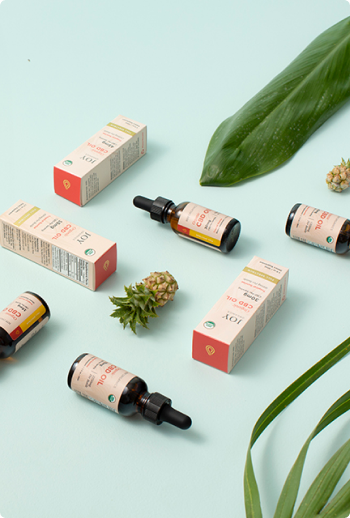
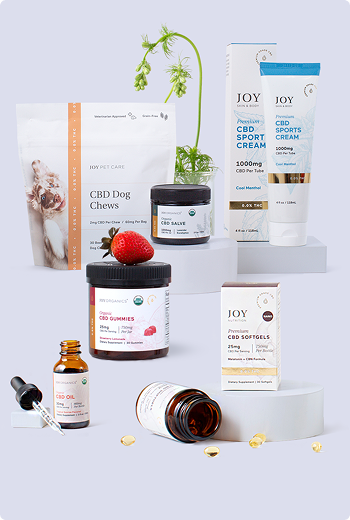
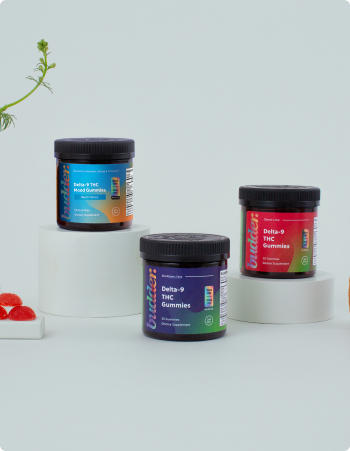


















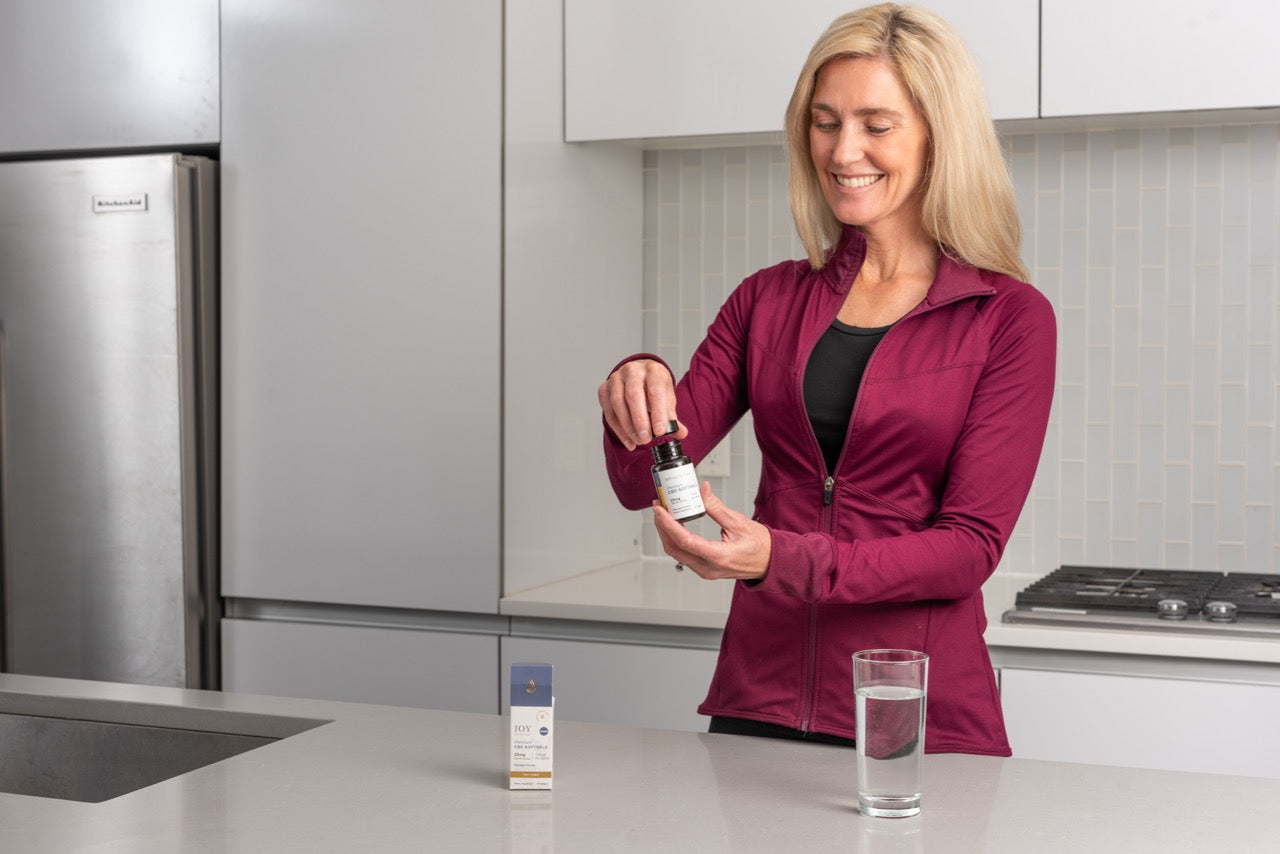




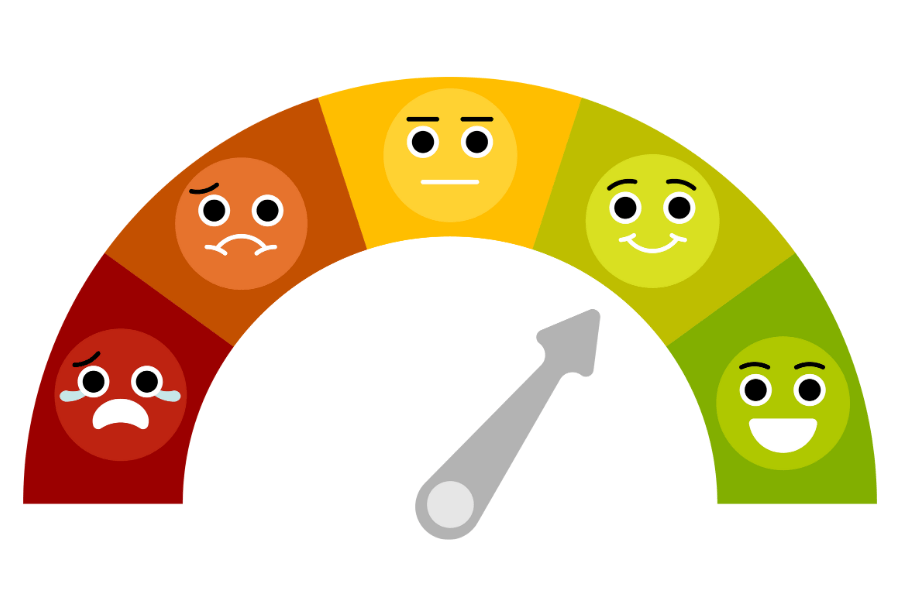
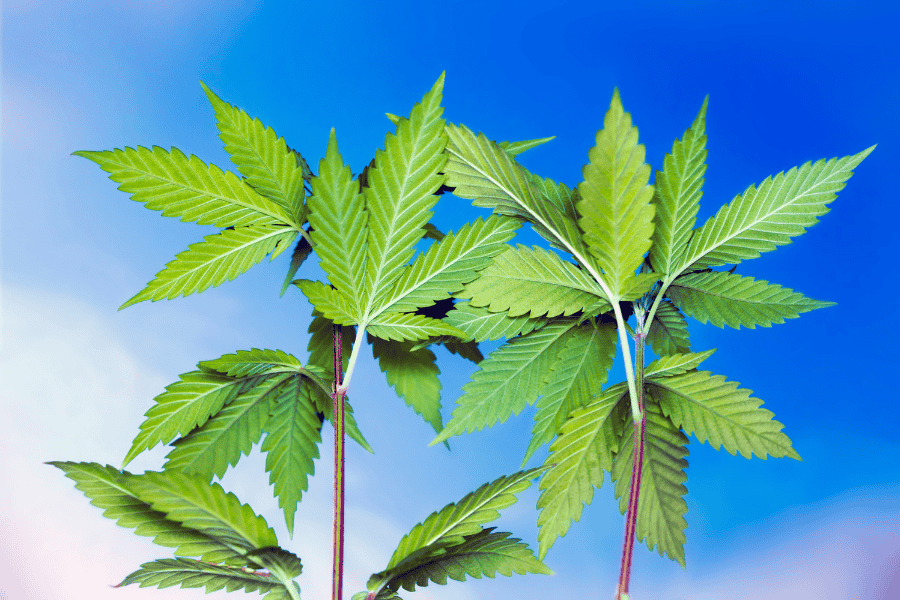


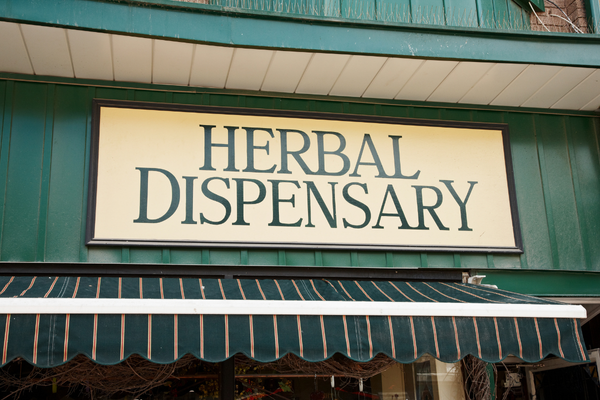



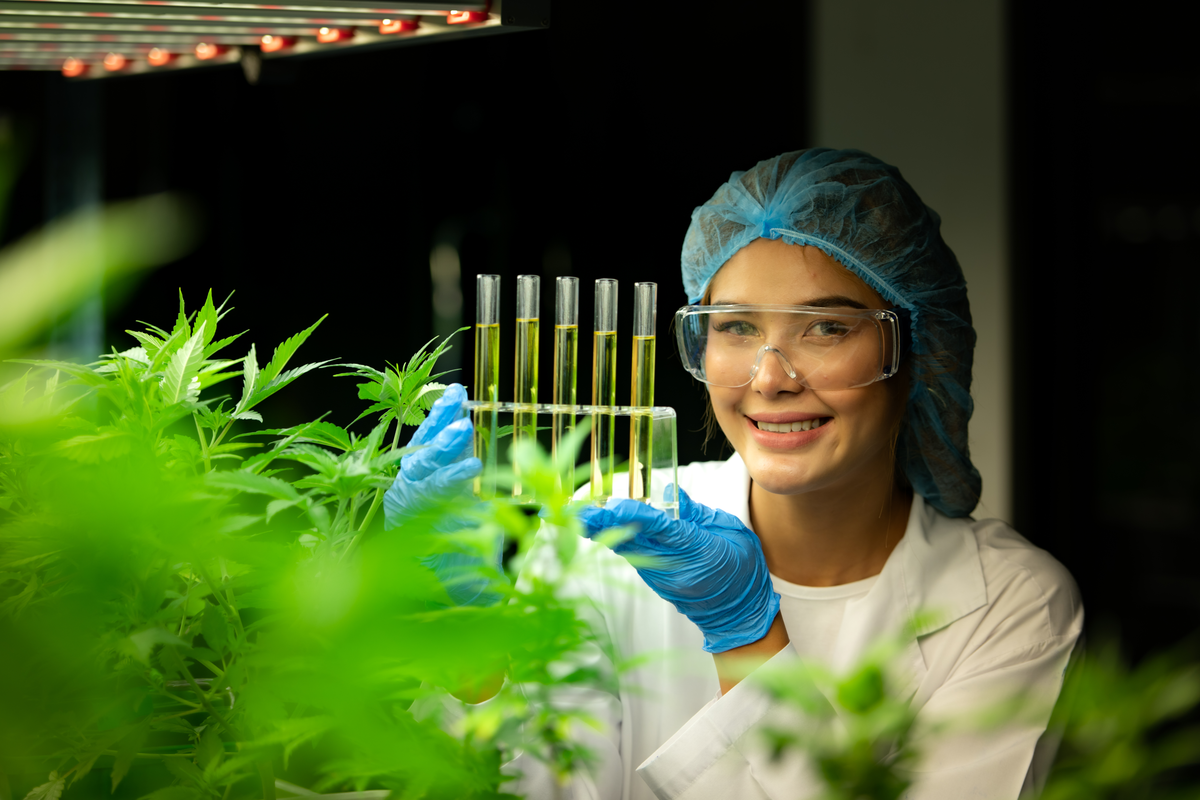

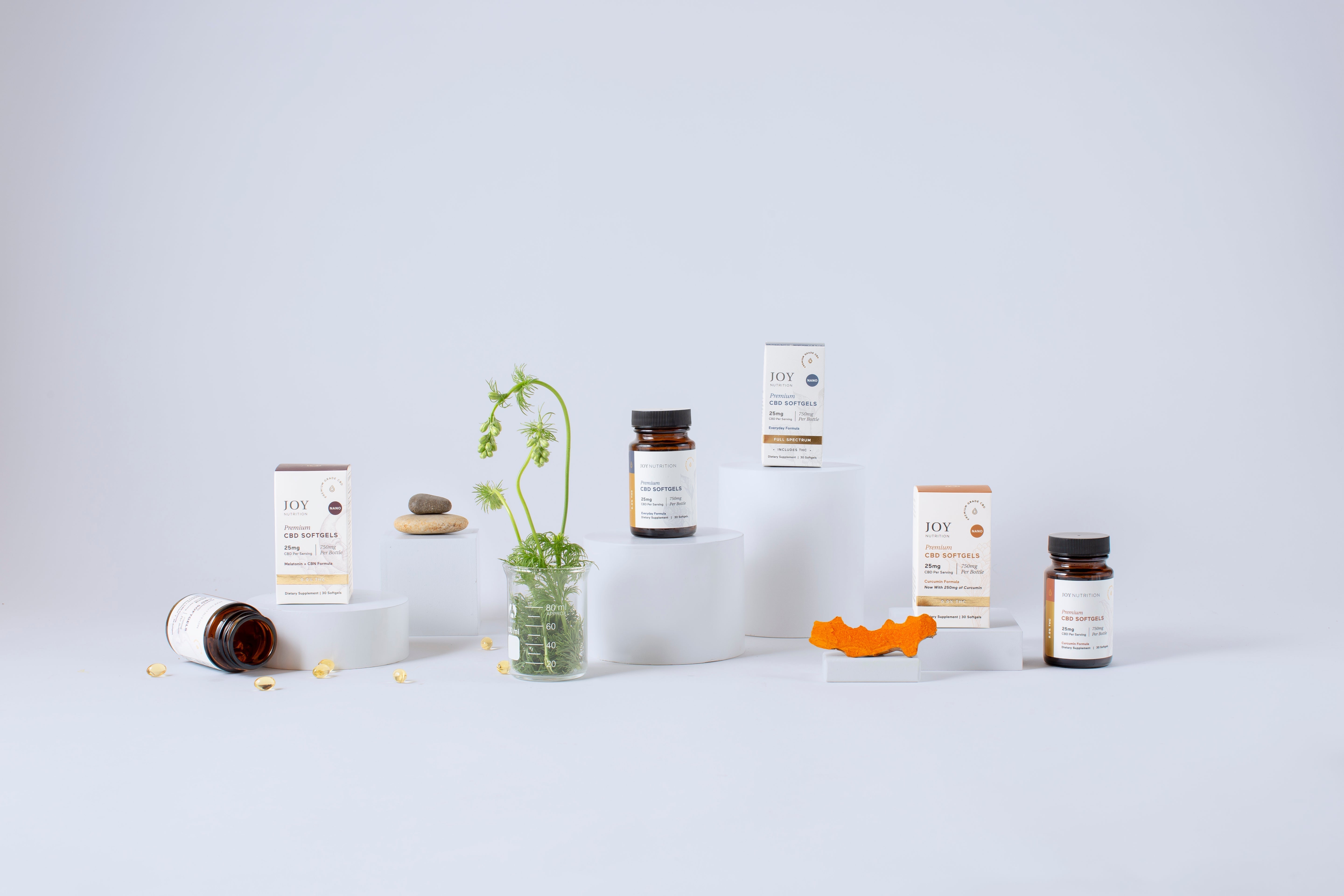



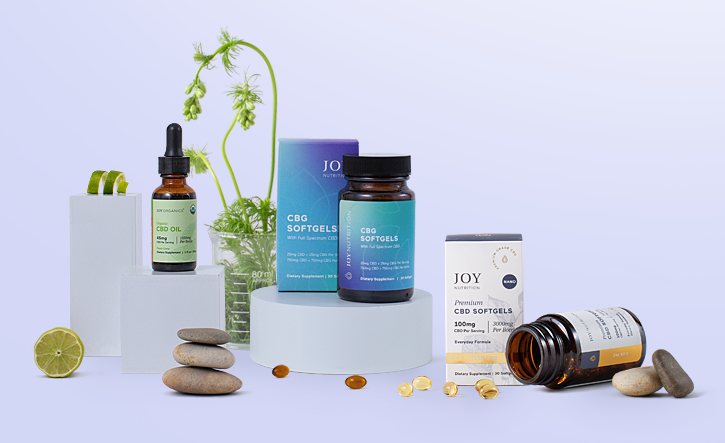





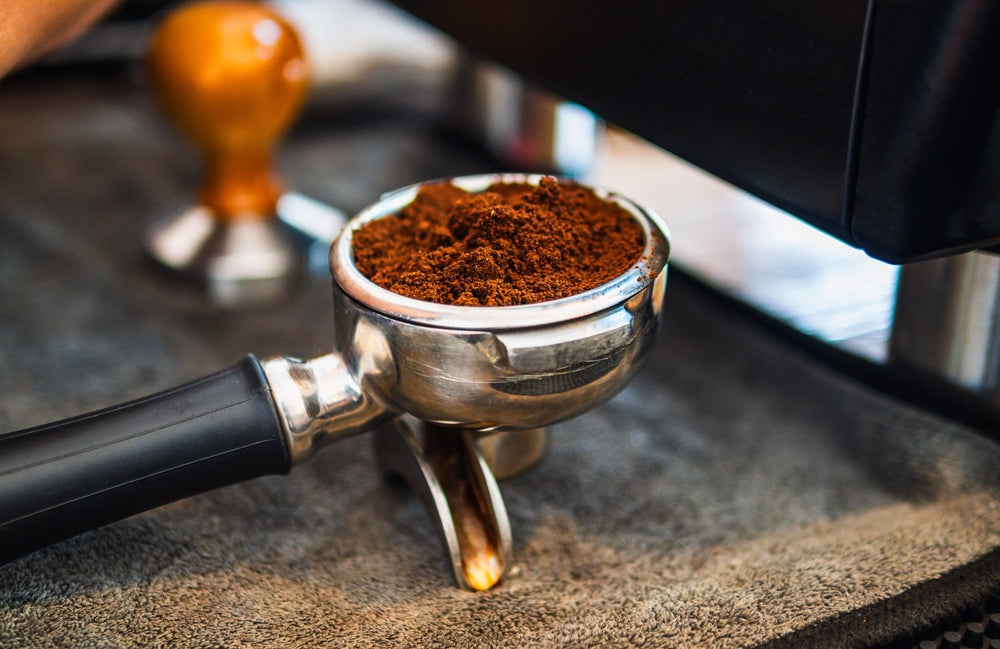

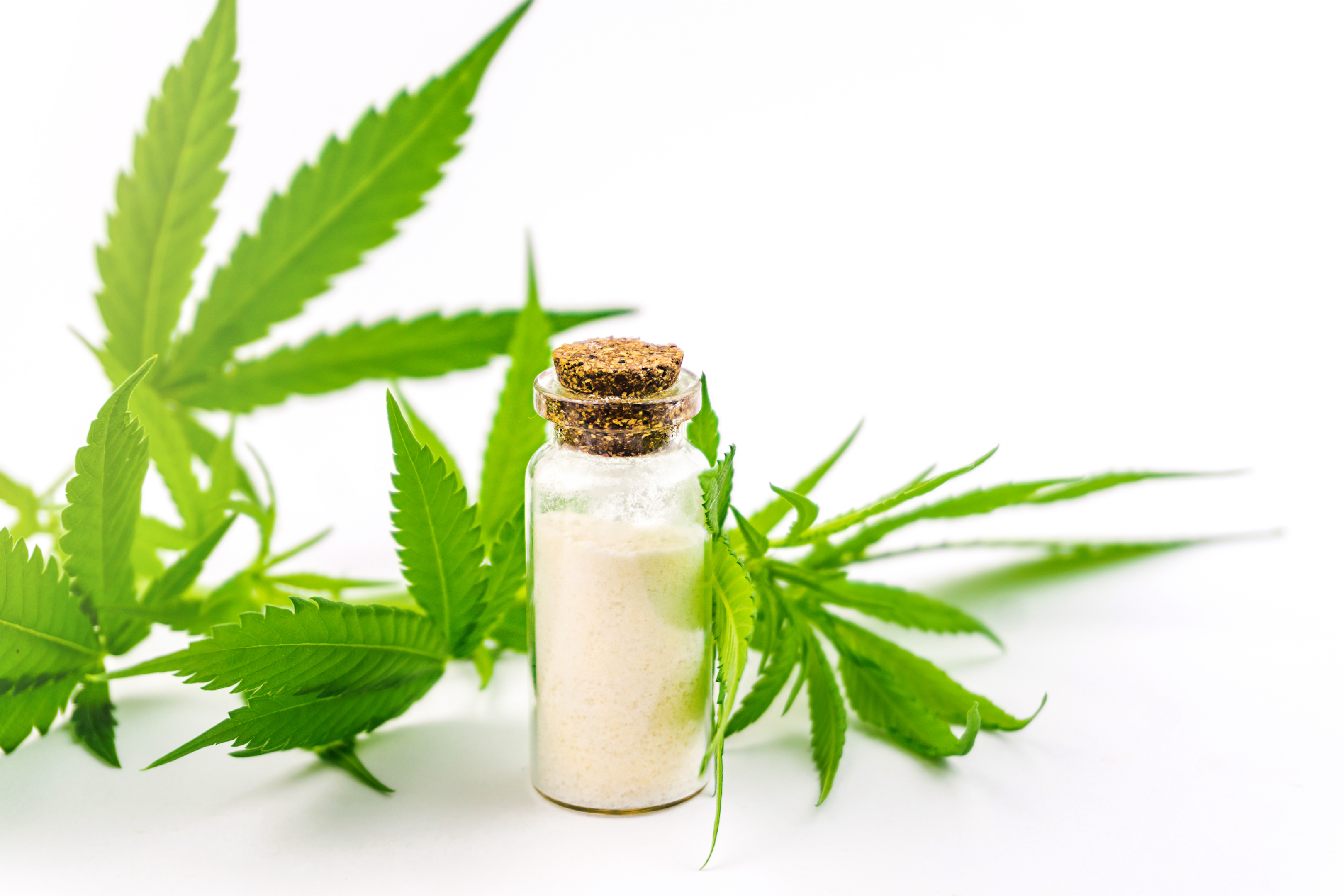
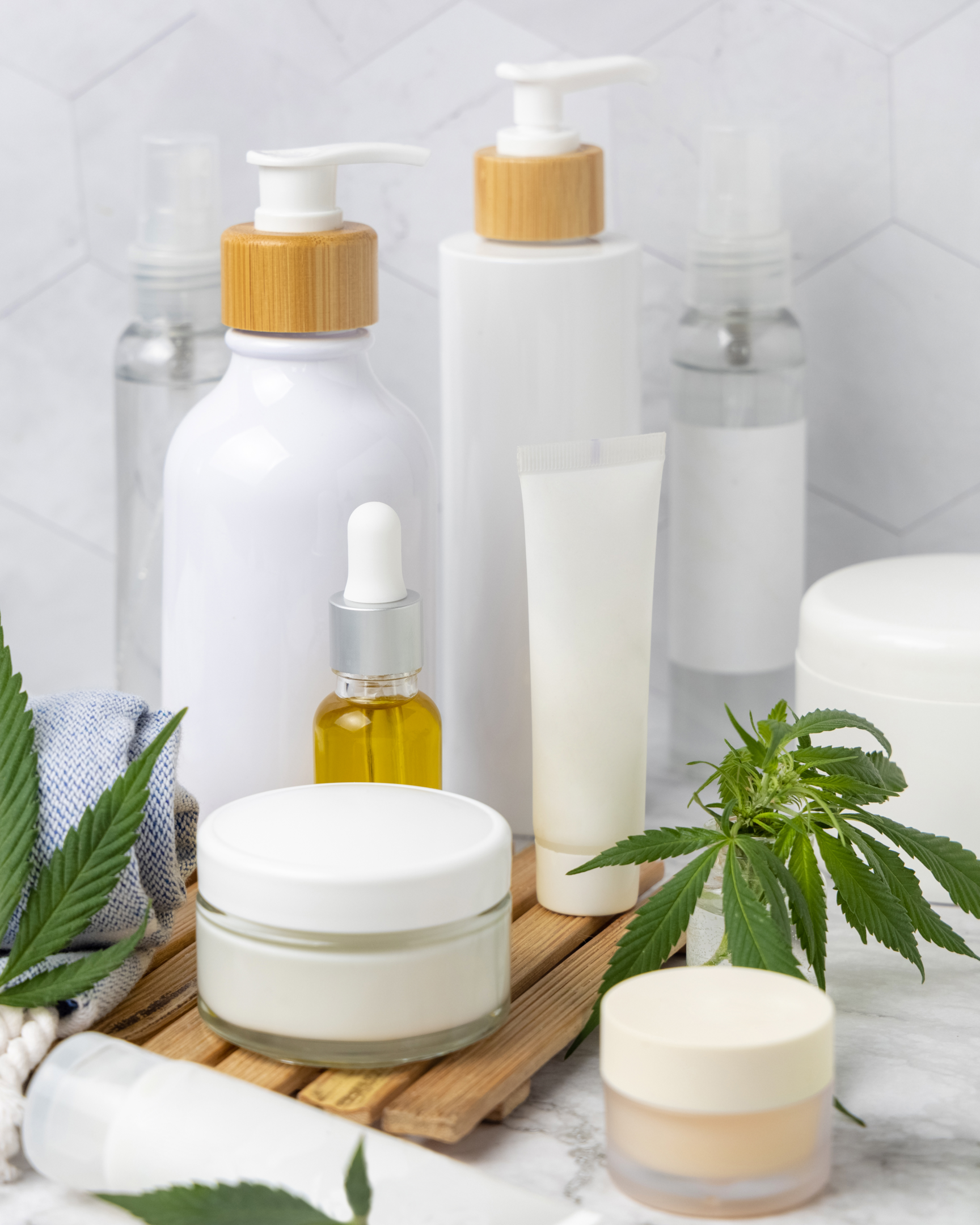
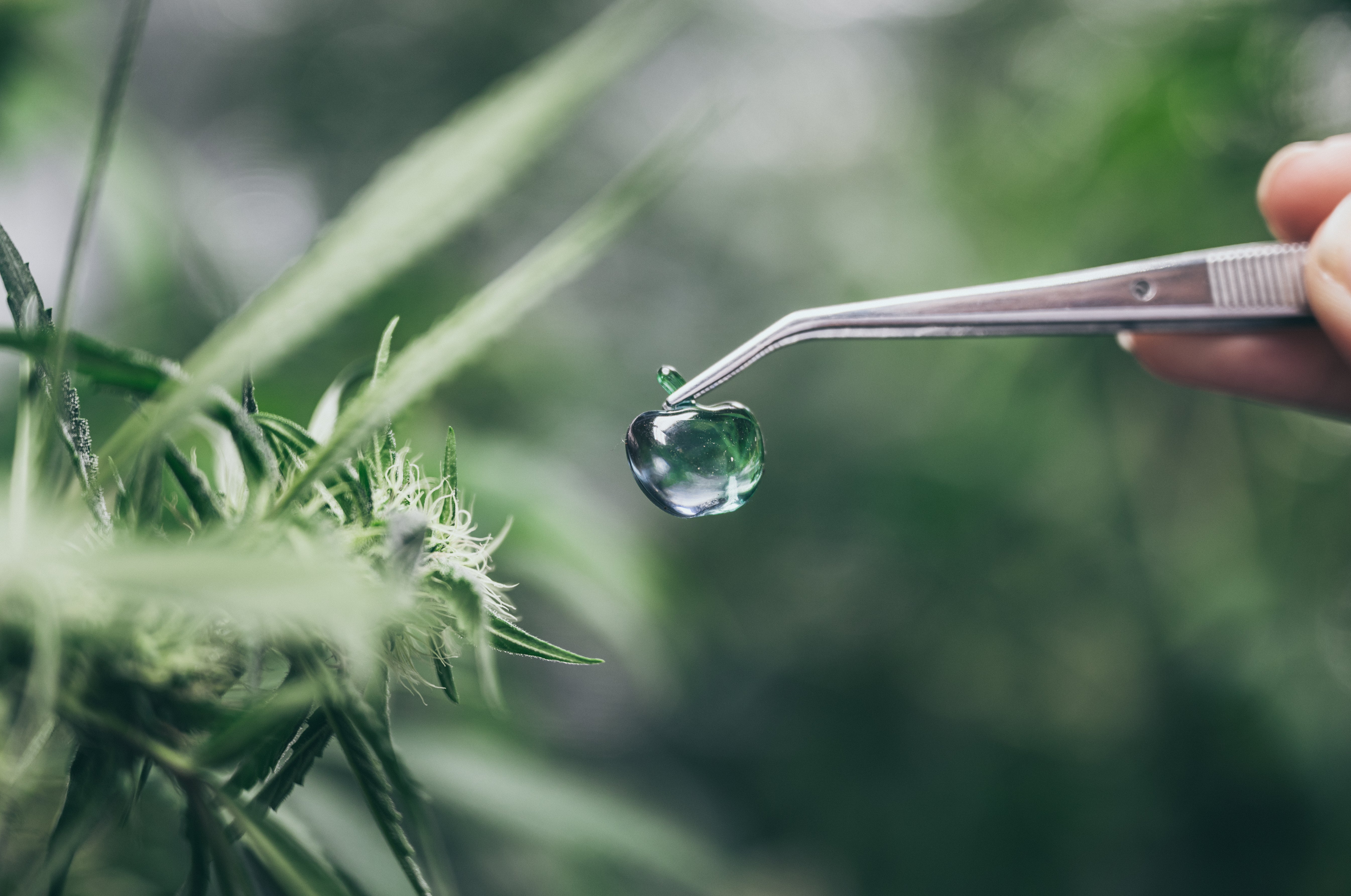
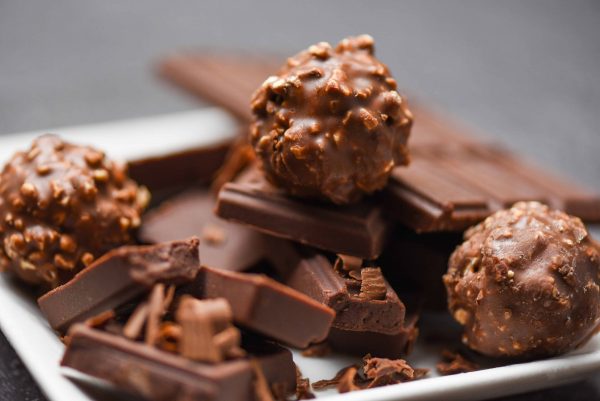
Join in on the Conversation
Your email address will not be published. Once your comment is approved, it will be published.